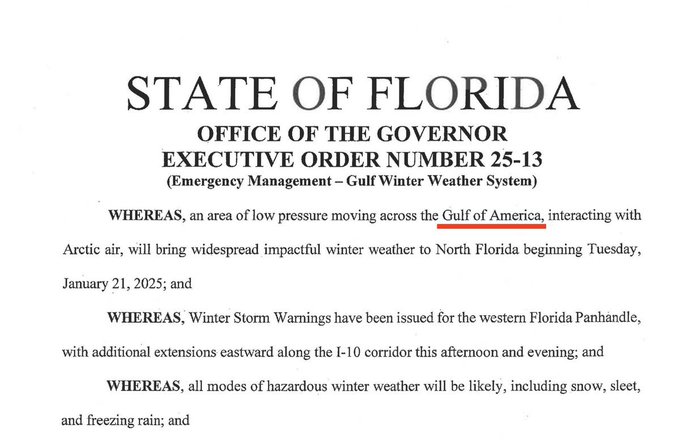Into the Night
Verified User
Quite untrue. Printed charts are still heavily used, since they require no batteries and no power to use them.Modern navigational systems have largely moved away from dependence on printed maps.
Navigational charts are not printed by Google or a satellite.Here's a breakdown of how navigation has evolved:
- GPS and Digital Maps: Most modern navigation is based on GPS (Global Positioning System) technology, which uses satellites to determine the exact location of a device. This data is then overlaid on digital maps provided by services like Google Maps, Apple Maps, or Waze. These digital maps are updated regularly to reflect changes in road infrastructure, traffic patterns, and other navigational data.
Navigational charts are not road maps.
Street maps don't refer to bodies of water.
- Real-Time Information: Digital navigation systems offer real-time traffic updates, route optimization based on current conditions, and the ability to reroute if there are disruptions like road closures or accidents. This capability far surpasses what printed maps can offer.
- User Interaction: Modern systems allow for user input, such as searching for specific locations, saving favorite places, and receiving voice-guided directions, which are features not possible with printed maps.
- Offline Capabilities: While digital maps typically require internet access, many apps now offer downloadable maps for offline use, which somewhat mimics the availability of a printed map but with the added benefits of digital technology.



